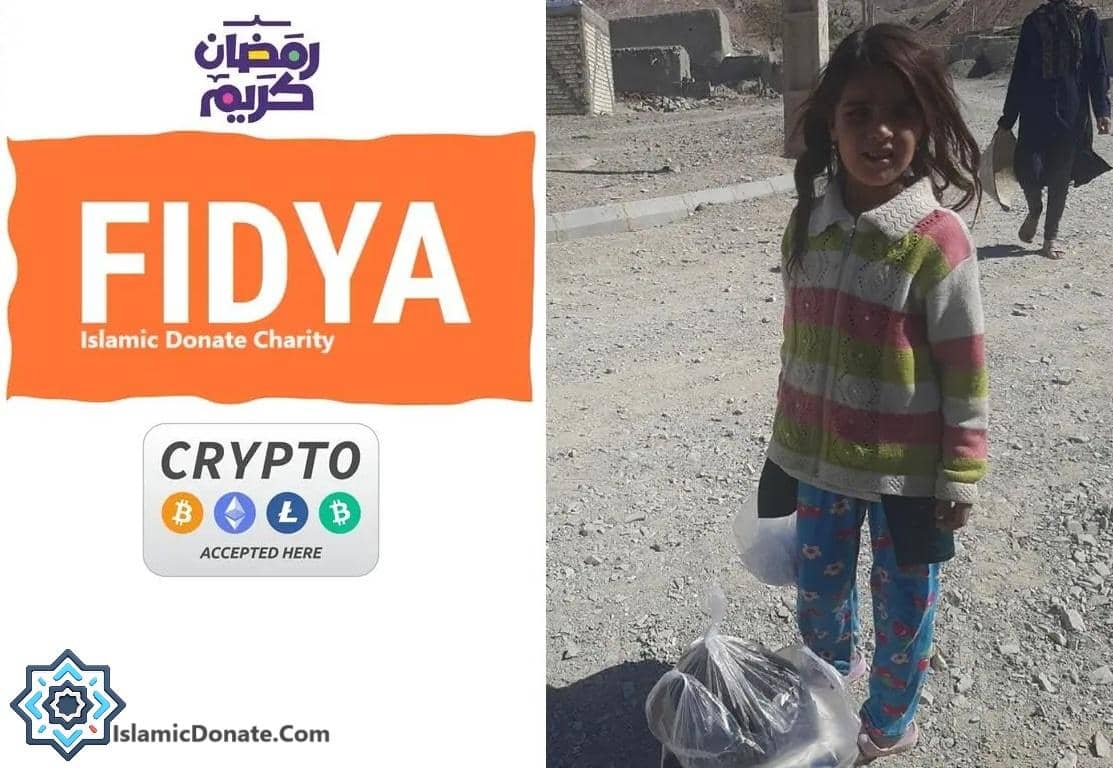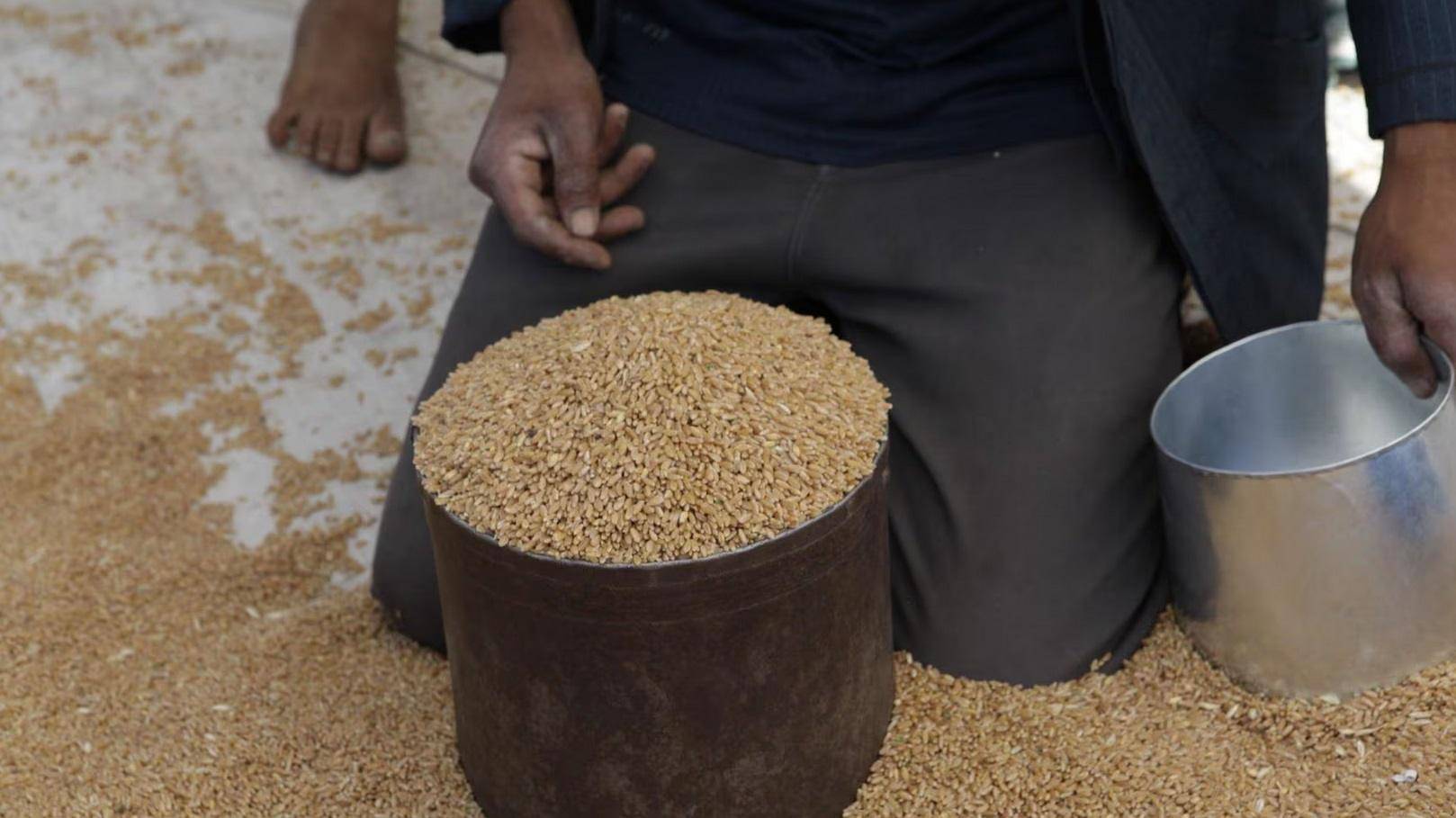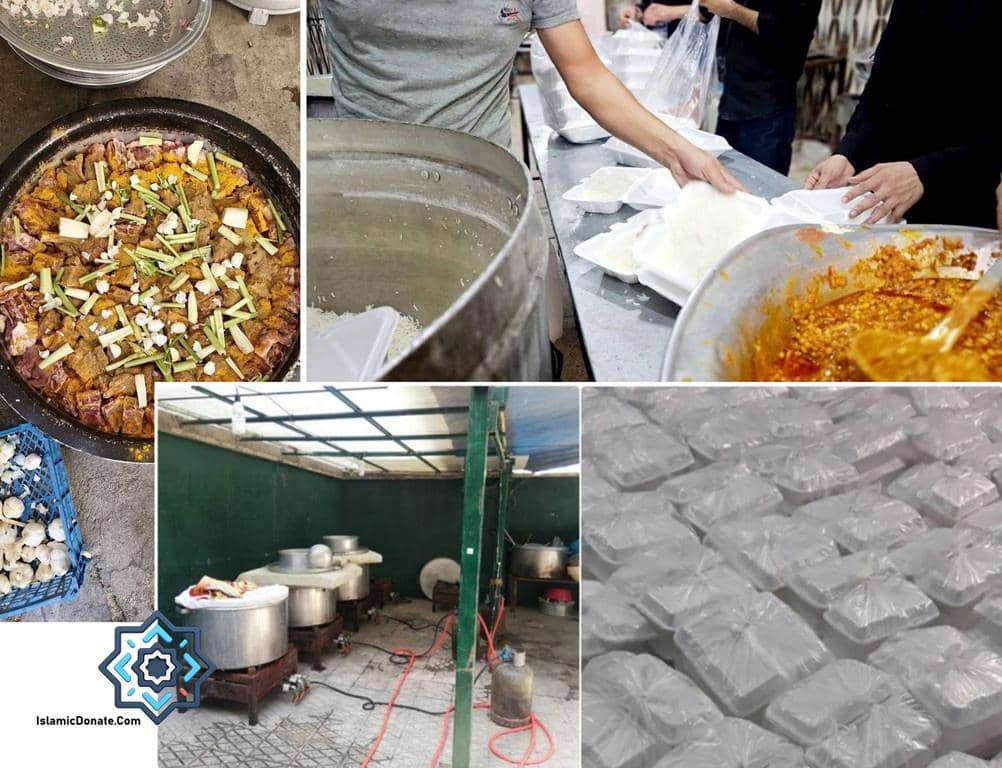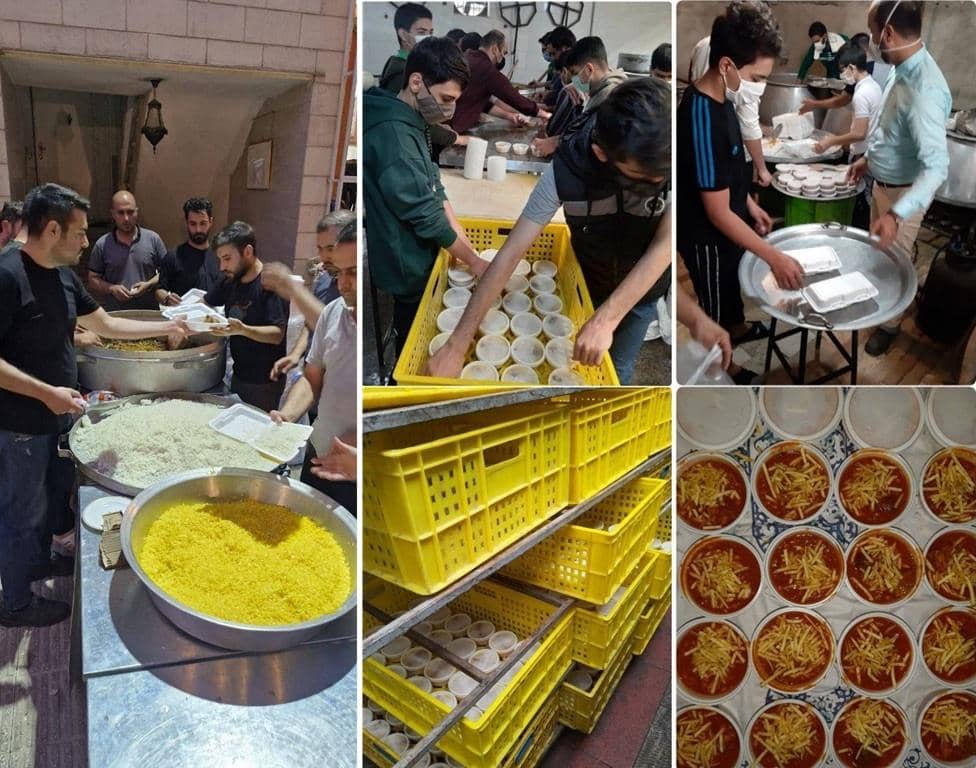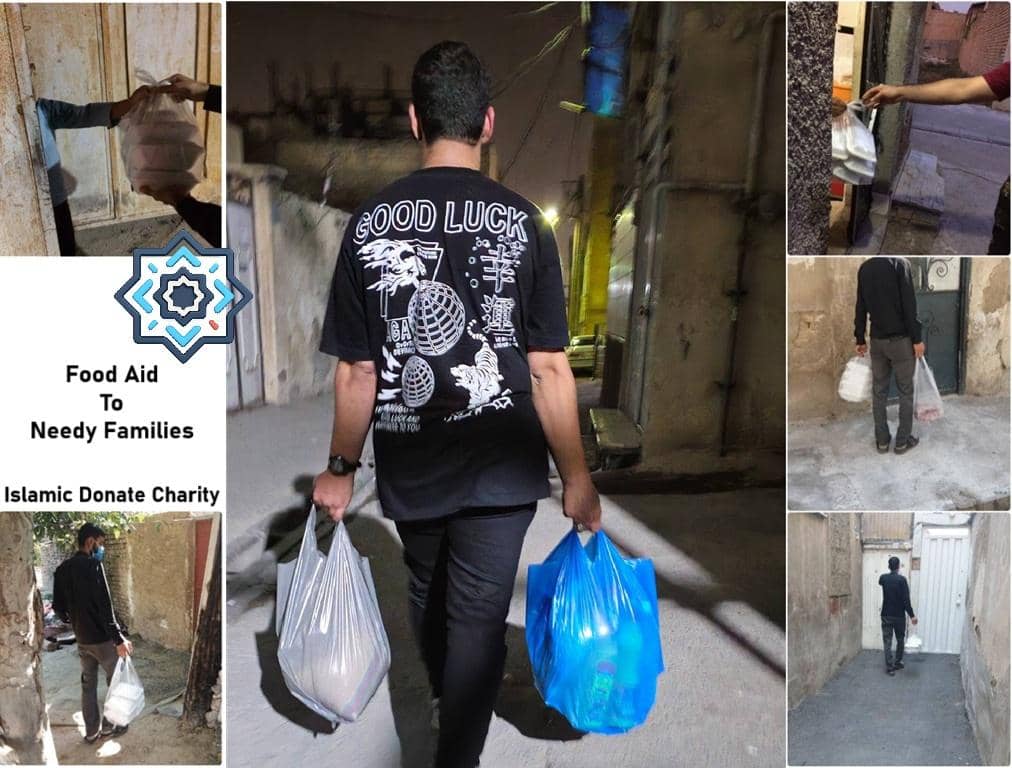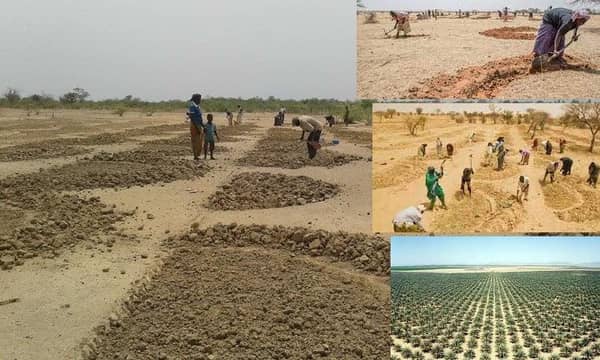Missed fasting due to illness, age, or pregnancy? Your fidya can feed the hungry tonight.
When you can’t fast, you can still fulfill your Ramadan obligation by feeding the poor. With your fidya, we prepare hot meals and distribute essential food directly to the needy in Palestine, Gaza, Yemen, and refugee camps.
Give your fidya, save a hungry Muslim, Allah will surely save you.
What is Fidya in Islam? Why is Fidya given?
Fidya is a concept in Islam that offers an alternative path for fulfilling the obligation of fasting during Ramadan. The word “fidya” translates to “ransom” or “compensation” in Arabic. While fasting is one of the Five Pillars of Islam, there are situations where Muslims are unable to observe the fast due to certain circumstances. Fidya provides a way to address these situations and ensure continued spiritual connection during Ramadan.
The core purpose of fidya is to ensure fairness and inclusivity within the Islamic community. While fasting is a central practice during Ramadan, some individuals face genuine challenges that prevent them from participating. Fidya acknowledges these limitations and offers a solution that upholds the spirit of Ramadan, compassion, self-sacrifice, and helping the less fortunate. Islamic law regarding Fidya: Fulfilling Your Duty, Feeding Ummah. Your donated fidya goes to poor Muslims and needy families:
When Does Fidya Apply?
There are several valid reasons why a Muslim might be unable to fast during Ramadan and resort to fidya:
- Chronic Illness: Individuals with chronic health conditions that would be significantly worsened by fasting can fulfill their Ramadan obligation through fidya.
- Elderly Individuals: As Muslims age, their physical health may decline, making fasting a potential health risk. In such cases, fidya provides a viable alternative.
- Pregnant and Nursing Women: The well-being of the mother and child takes precedence during pregnancy and nursing. Fidya allows expecting and nursing mothers to prioritize their health without neglecting their Ramadan obligations.
- Extreme Traveling: Long and arduous journeys can pose a significant challenge to fasting. Fidya offers flexibility for travelers in such situations.
- Terminal Illness: Muslims with terminal illnesses are exempt from fasting. However, if they wish to fulfill their Ramadan obligations as much as possible, they can arrange for fidya to be paid on their behalf.
It’s important to note that fidya is not meant to be a casual substitute for fasting. Muslims who are healthy and able are expected to fulfill the obligation of fasting. Fidya serves as a safety net for those with genuine limitations.
Allah is Most Merciful, and He loves kindness between His servants. You can’t fast? Your fidya will feed the Ummah and the blessings of Ramadan will flow into your life:
Difference Between Fidya and Kaffarah
Fidya and Kaffarah are both forms of atonement related to fasting in Islam, but they differ based on the reason for missing the fast. Fidya is for those who are unable to fast due to legitimate reasons such as illness, old age, or pregnancy, and involves feeding one needy person for each missed day. Kaffarah, on the other hand, is a more severe penalty for intentionally breaking a fast without a valid excuse, requiring either fasting for 60 consecutive days or feeding 60 needy people. If you want to pay Kaffarah(expiation) for fasting, click here.
Can You Pay Fidya on Behalf of Others?
One of the most common questions we receive is:
“Can I pay fidya on behalf of someone else like my elderly parents, a sick sibling, or my pregnant wife?”
+Yes, You can pay your own or your parents’ ransom using cryptocurrency.
In Islamic law, it is completely permissible to pay fidya for your loved ones, as long as they are genuinely unable to fast and have the intention to fulfill their obligation through fidya. Whether it’s due to old age, chronic illness, or pregnancy, Allah ﷻ sees their struggle and accepts your compassion.
In fact, paying fidya on behalf of others is a beautiful act of care, a way to honor their faith when they physically cannot fulfill it themselves. It’s a reflection of our shared responsibility as a family and as an ummah.
“And whoever saves one life, it is as if he had saved all of mankind.” (Qur’an 5:32)
How much is the Fidya(ransom) amount for Ramadan 2026?
The ransom amount is determined each year using the charity’s supply chain as well as a review by Islamic scholars of the charity(Sheikh Muhammad Musa), so that the exact amount of raw food required for the Islamic ransom can be obtained based on average prices in different regions.
In Islamic law, the amount of food staples for ransom is determined as follows:
Pay 1 day’s ransom for fasting = 1 Food Staple = 11$ in Ramadan 2026
Food Staple: The quantity of food should be enough to feed a person for a day. This could be around 5 kg (11 lbs) of rice, wheat, or dates.
Where Does Your Fidya Go?
When you entrust your fidya to Islamic Donate charity, every grain, every coin, and every intention is honored with integrity. We don’t simply pass on your crypto donation, we transform it into nourishing, freshly cooked meals or essential staple food packages and deliver them directly to the hands of the hungry. Whether it’s a malnourished child in Central Africa, a displaced mother in Palestine, or an elderly refugee in a forgotten camp, your fidya reaches those who need it most on time, with dignity, and in your name.
Our teams operate across crisis zones and impoverished regions where food is scarce, and desperation is real. With your fidya, we purchase raw food items locally such as rice, wheat, or dates, and prepare hot meals that are carefully cooked, portioned, and served in accordance with Islamic guidelines.
Here’s how your fidya makes a real difference:
- A hot meal at sunset for a family who has fasted all day with nothing but hope.
- Food parcels with 5kg staples that can sustain the elderly, the sick, and the disabled for days.
- Direct distribution to war-affected areas like Gaza, Yemen, and refugee camps in Africa and Asia.
- Respectful service that preserves the dignity of every recipient, no photos for publicity, no exploitation.
When you contribute for missed fasts that you cannot make up due to valid reasons, we convert your payment into essential food staples for families facing extreme hardship. Your donation ensures that those struggling with poverty in regions like Gaza and Yemen receive the nutrition they need to survive. In war-torn areas, we are often forced to cook on the streets but for us, feeding the needy is as much a sacred duty as fasting itself:
Fulfill Your Fidya: Turn Digital Assets into Daily Bread
By choosing to cryptocurrency donate your Fidya, you enable our teams to procure and distribute flour, rice, and oil with immediate speed. We handle your contribution with the highest level of Amanah, ensuring every satoshi fulfills the Sharia requirement to feed the poor. This act of worship provides physical relief to the vulnerable while purifying your own religious obligations.
Donate your fidya, feed a hunger and warm your heart to the presence of Allah 🌙الله ♥️.
Frequently Asked Questions
1- Who is required to pay Fidya during Ramadan?
Fidya applies to Muslims who cannot fast due to valid, permanent, or long-term reasons. This includes individuals with chronic or terminal illnesses, the elderly whose health is at risk, and pregnant or nursing women prioritizing safety. It serves as a spiritual safety net to ensure inclusivity within the Islamic community.
2- What is the difference between Fidya and Kaffarah?
Fidya is the compensation for missing fasts due to legitimate excuses like old age or illness, requiring one meal for one person per day. Kaffarah is a penalty for intentionally breaking a fast without a valid reason, requiring either sixty consecutive days of fasting or feeding sixty needy people as expiation.
3- How much is the Fidya amount for Ramadan 2026?
The determined amount for one day of missed fasting is eleven dollars for Ramadan 2026. This value is based on the cost of essential food staples, such as five kilograms of rice, wheat, or dates, ensuring the donation provides enough nourishment to sustain a vulnerable person for an entire day.
4- Can I pay Fidya on behalf of my family members?
Yes, it is permissible to pay Fidya for loved ones, such as elderly parents or sick siblings, provided they have the intention to fulfill their obligation. This act of care reflects the shared responsibility of the Ummah and ensures the spiritual duties of those physically unable to fast are met.


